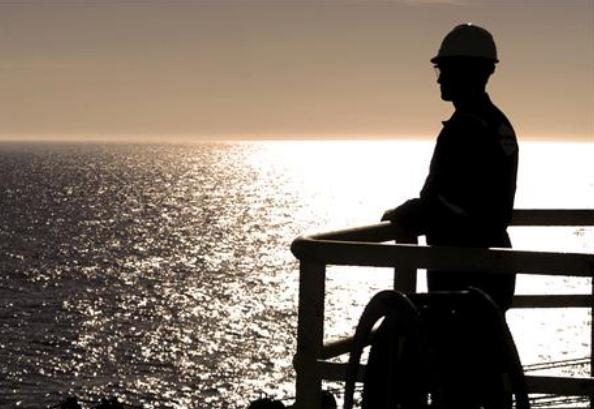African Energy Week: Major LNG projects in Mozambique, Nigeria edge closer to FID amid tight global ...
BMI Consultancy says Mozambique first gas export faces delay to 2022

File photo
BMI Research postponed the date of Mozambique’s first natural gas export in two years to 2022 due to delays in the final investment decisions (FIDs) by major international oil companies.
“A delay in FID in liquefied natural gas projects, both onshore and offshore, has led us to postpone the start dates of the project,” reads an analysis note sent to investors detailing that “Mozambique should export the first cargo in 2022 with volumes rising from 4 to 18.6 billion cubic meters (bcm). “
The analytical note, which Lusa had access to, details that in the case of the Coral project, the delay is due to the China National Petroleum Corporation (CNPC), the only one of the consortium led by Italy’s Eni that has not yet given a ‘green light’ the operation.
“We anticipate that CNPC will give consent to the project in the coming months, allowing a FID to be achieved in the second quarter of this year,” analysts say, noting that , this being the case, the 4.6 bcm project should be postponed to 2022.
In another major gas project in Mozambique, BMI Research postponed the deadline by one year “following a statement from Japan’s Mitsui, which revealed that negotiations with the Mozambican government were delayed, and subsequently a FID is not expected before mid-2018, but given the recent and rich history of project delays, it is very plausible that it can be postponed even further. “
The various delays that have occurred in gas megaprojects in Mozambique are generally attributed to technical complexity and the lack of support infrastructures, but last week the World Bank highlighted another factor, pointing out that it is also the actions of governments that contributed to retract investors and multinationals.
The World Bank said last week that the spread of hidden loans in Mozambique has boosted the country’s economic slowdown, lowered investor confidence and significantly devalued the currency, sending debt to 130 percent of GDP in 2016.
“Mozambique’s growth trajectory was derailed by the country’s rapid deterioration in its debt position, which eroded investor confidence, significantly devalued the local currency and led to a tightening of monetary and fiscal policy,” reads the report. World Bank on ‘Africa Pulse’.
“The government’s recent financial default and the debt burden are holding back investment,” the report said, adding that the country’s debt to GDP rose more than 60 percentage points in two years, from 60 percent of GDP In 2014 to 130 percent of GDP last year, while the average of this ratio in sub-Saharan Africa is 48 percent of each country’s wealth.












Leave a Reply
Be the First to Comment!
You must be logged in to post a comment.
You must be logged in to post a comment.